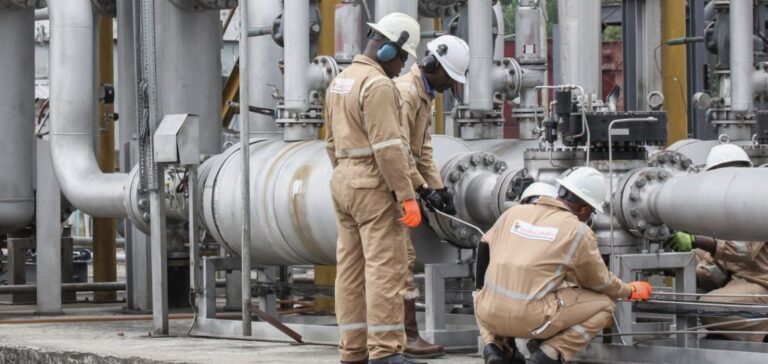Savannah Energy PLC, a British independent hydrocarbons company, reported unaudited revenues of $73.3mn in the first quarter of 2025, up from $61.4mn in the same period in 2024. This 19% growth was partly due to the integration of the Stubb Creek oil field, acquired through the takeover of Sinopec International Petroleum Exploration and Production Company Nigeria Limited (SIPEC).
A new asset at the core of growth
The completion of the SIPEC acquisition in March 2025 enabled Savannah to increase gross production at Stubb Creek to 3,100 barrels per day in April, a 15% rise compared to the 2024 average. The company has launched an 18-month expansion programme aimed at raising production to 4,700 barrels per day.
A technical evaluation conducted by McDaniel & Associates Consultants Ltd led to a significant revision of the field’s reserves: proven (1P) reserves increased by 197% to 9.8 million barrels, while proven and probable (2P) reserves rose by 29% to 13.8 million barrels.
Higher collections and strengthened liquidity
The group reported cash collections of $124.8mn for the period, up 6% from 2024. As of March 31, 2025, Savannah held $110.4mn in cash and had net debt of $597.8mn, including liabilities related to the SIPEC acquisition. Excluding this debt, net debt would have stood at $570mn.
The company also raised £30.6mn through an equity issuance and secured a $200mn credit facility intended for potential future oil asset acquisitions.
Drilling programme launched at Uquo field
A two-well drilling campaign is scheduled to begin in the fourth quarter of 2025 at the Uquo gas field. The Uquo NE development well is expected to add up to 80 million standard cubic feet per day (MMscfpd) of production capacity. An exploratory well, Uquo South, targeting an unrisked gross potential of 154 billion cubic feet (Bscf), is also under review.
A $45mn compression project is nearing completion on site. One compressor is operational, with the second set to come online before the end of June. The project will optimise output from both current and future wells.
Ongoing investments in Niger and diversification into power
In Niger, Savannah is preparing to launch well testing on four sites within the R3 East permit area. The estimated cost of the operation is $14.5mn. All necessary long-lead equipment has already been delivered to site.
In the power sector, Savannah is developing a portfolio of projects totalling up to 696 MW. These include the up to 250 MW Tarka Wind Farm in Niger and a 95 MW hybrid hydroelectric project in Cameroon. The company notes that not all projects may reach financial close but will be dynamically replaced as needed.






















